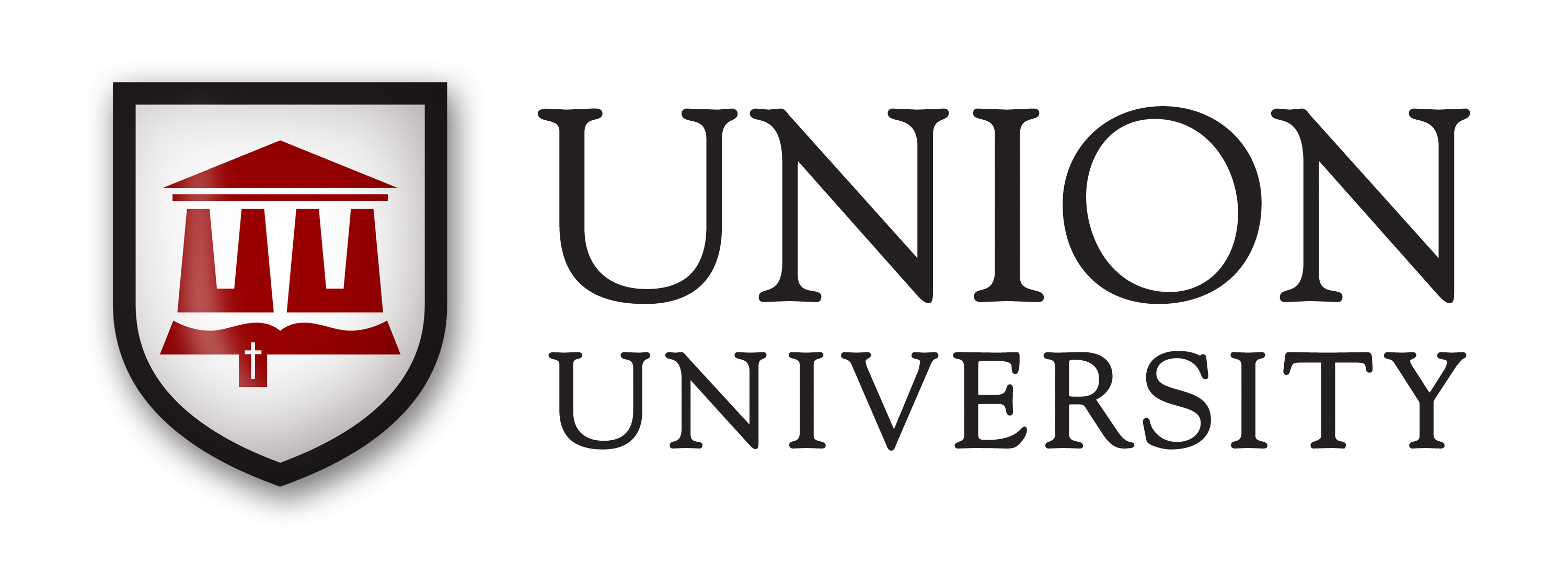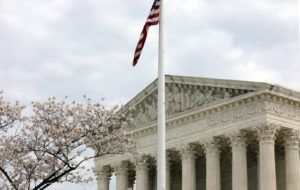
JACKSON, Tenn. (BP) — Union University has announced its withdrawal from the Council for Christian Colleges & Universities because of what a Union news release called the council’s “failure to respond appropriately to two member institutions that have endorsed same-sex marriage.”
 In comments to Baptist Press, the CCCU said it is “saddened by Union’s decision” and underscored its practice of “advocating vigorously on behalf of schools that hold the orthodox view of marriage.”
In comments to Baptist Press, the CCCU said it is “saddened by Union’s decision” and underscored its practice of “advocating vigorously on behalf of schools that hold the orthodox view of marriage.”
In an Aug. 3 letter to Shirley Hoogstra, president of the CCCU, and Charles Pollard, chairman of the CCCU board of directors, Union President Samuel W. “Dub” Oliver said he was grieved to withdraw, since Union has been a CCCU member since 1991. Union is affiliated with the Tennessee Baptist Convention.
“We hope we have contributed much to the Council during these years,” Oliver wrote. “The Union community has certainly benefited from the student programs, professional development, and advocacy offered by the Council, as well as our fellowship together.
“Even still, our faithfulness to the authority of Scripture takes precedence,” he noted. “While there are other associations with whom we affiliate related to our work in higher education, our advocacy for Christ-centered higher education means that we must stand with institutions that share our commitments. Regrettably, that is no longer the case with the CCCU.”
Oliver referenced two CCCU member institutions — Goshen College and Eastern Mennonite University — that changed their policies regarding benefits for same-sex couples. Those institutions “abandoned fidelity to God’s Word when they endorsed same-sex marriage,” Oliver wrote.
Goshen, an Indiana college connected to the Mennonite Church USA, announced in July it would expand hiring and benefits practices to include employees in same-sex marriages. Eastern Mennonite, a Virginia institution also connected to the Mennonite Church USA, announced a similar change of policy in July.
After Goshen and Eastern Mennonite announced their policy changes, the CCCU said it would begin consulting with member institutions about the situation, Inside Higher Ed reported, noting the council may downgrade Goshen and Eastern Mennonite to “affiliate status” to keep them in the organization but limit their voting privileges.
CCCU membership requirements do not reference homosexuality specifically, but the council says member institutions must be “Christ-centered and rooted in the historic Christian faith,” according to Inside Higher Ed.
CCCU told BP no school besides Union has withdrawn over the council’s response to Goshen and Eastern Mennonite.
Thomas White, president of Cedarville University in Ohio and a former vice president at Southwestern Baptist Theological Seminary, told Inside Higher Ed, “The CCCU is at a crossroads and is doing the right thing by having private conversations with presidents of various institutions to determine the best way forward. At Cedarville University, we will wait until they make their official decision on membership and then we will make our decision on whether we continue to associate with the CCCU. One thing is certain, Cedarville University will not compromise on the biblical view of marriage.”
Oliver wrote that he was “grieved” the CCCU board “was not ready to deal with this issue.”
“Since October of 2013,” he wrote, “members of the CCCU have known of the trajectory of Eastern Mennonite University in regard to same-sex marriage. There have been several gatherings where the Council could have been clear about our expectations of membership. The Council could have even deliberated and voted on such matters. We did not. As a result, we appear unprepared to state our commitments, much less take action.”
Because the CCCU board was not definitive, Oliver wrote, the collective voice of CCCU member institutions was weakened. He cited a July 28 news release from the CCCU stating the “vast majority” of CCCU members hold to a historic, orthodox understanding of marriage between a man and a woman.
“The fact that this is not unanimous damages our witness,” Oliver wrote. “The reason we are passionate about this is because what we are talking about is not a secondary or tertiary theological issue — marriage is at the heart of the Gospel. To deny the Bible’s concept of marriage is to deny the authority of Scripture.”
Hoogstra, of the CCCU, said in a statement she wishes “nothing but the best for this fine university’s future” and defended the CCCU as following a “good and respectful process.”
“Following a good and respectful process does not mean that we do not recognize the importance of this issue [same-sex marriage] in our current cultural climate,” Hoogstra said. “We do and as such CCCU is advocating vigorously on behalf of schools that hold the orthodox view of marriage, and we will continue to do so both for our members and for others who hold that view but are no longer members.”
CCCU spokesperson Shapri LoMaglio told BP any suggestion that the CCCU is “tepid” in its approach to public policy is “incorrect.”
The CCCU supports and will advocate for the First Amendment Defense Act, legislation that would bar the federal government from changing the tax status of organizations that hold a traditional view of marriage, LoMaglio said. The council also “filed an amicus brief to the Supreme Court on behalf of two of our members, East Texas Baptist University and Houston Baptist University, in their petition for appeal of a fifth circuit decision in their lawsuit against the HHS contraception and abortifacient mandate.” In the past month, the CCCU has attended more than 20 meetings on Capitol Hill “regarding the impact of the Supreme Court’s [same-sex marriage] decision on our schools,” she said in written comments.
Still, Oliver said it is “imperative that institutions” like Union “maintain a consistency and unanimity with their faith family’s commitment on issues like same-sex marriage. To be identified with an organization that fails to address those issues with a unanimous voice weakens our argument for a fundamental principle.”
Oliver announced the decision to Union’s faculty in an Aug. 12 email, saying the university’s executive council has been discussing the matter for the past couple of months and has spent a great deal of time and prayer on the decision.
He stressed that Union was not seeking to draw other institutions away from CCCU membership and that Union was not moving to an alternate organization, though he added the university would be open to participating in a new coalition of like-minded institutions.
“Union will continue to rely on the strong and effective advocacy work of the Ethics & Religious Liberty Commission as well as a growing partnership with the Family Research Council as we seek to advance our mission and vision,” Oliver told the faculty.














